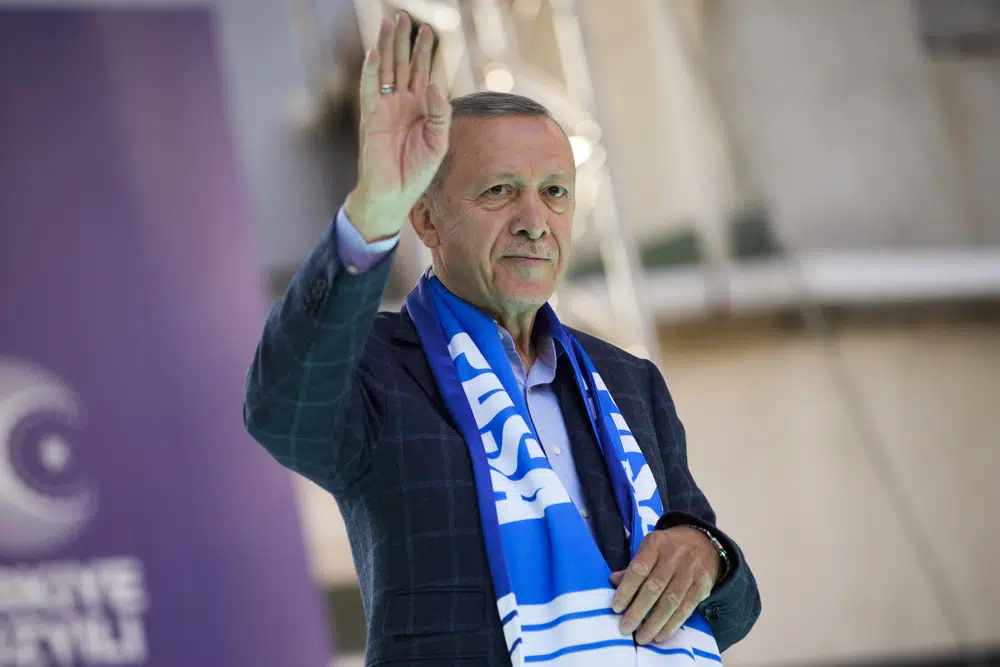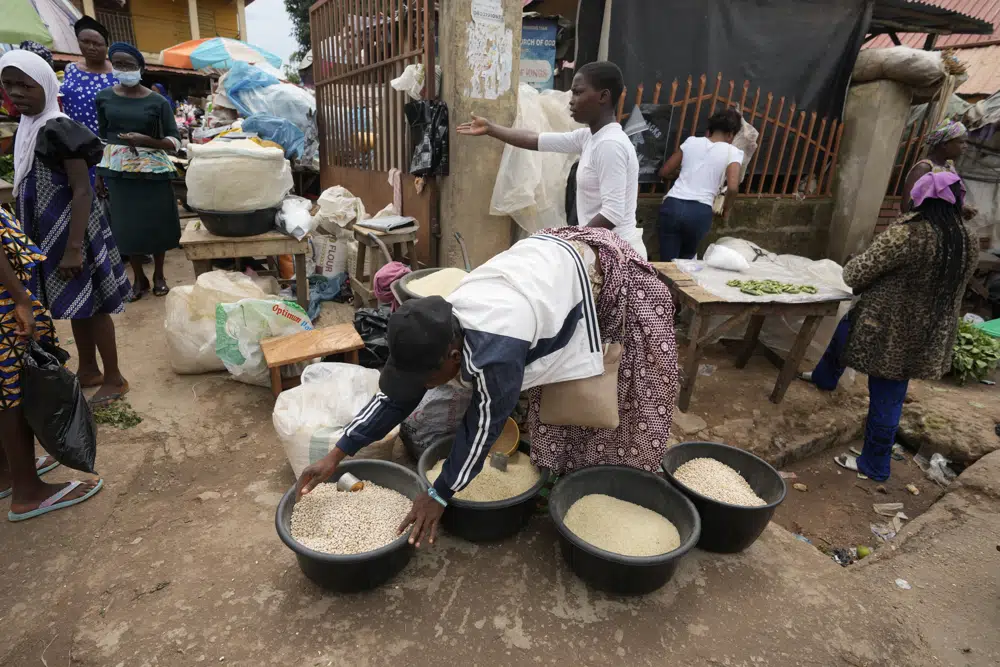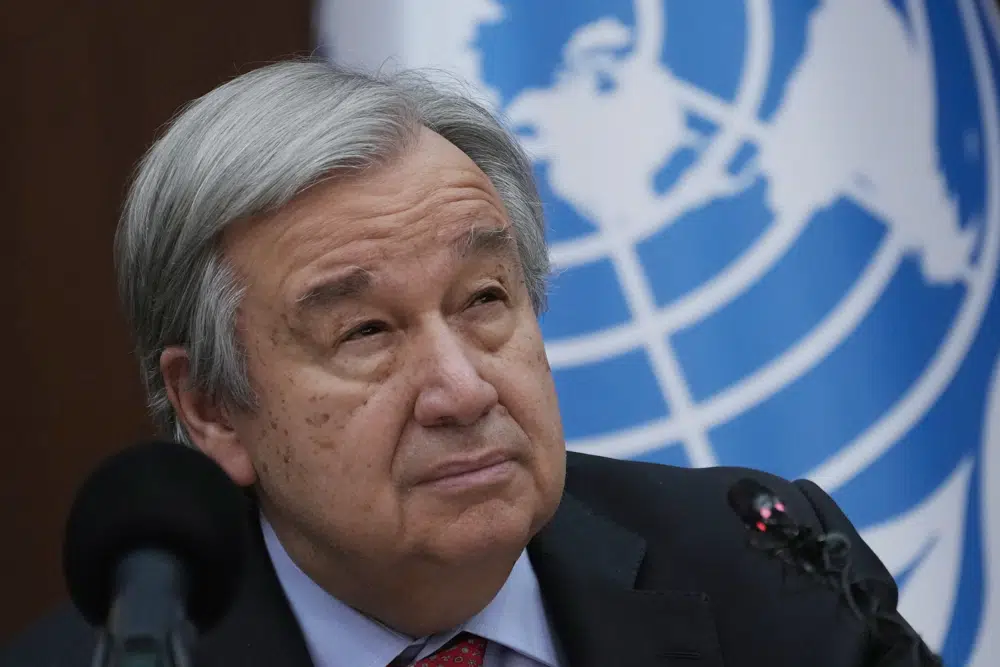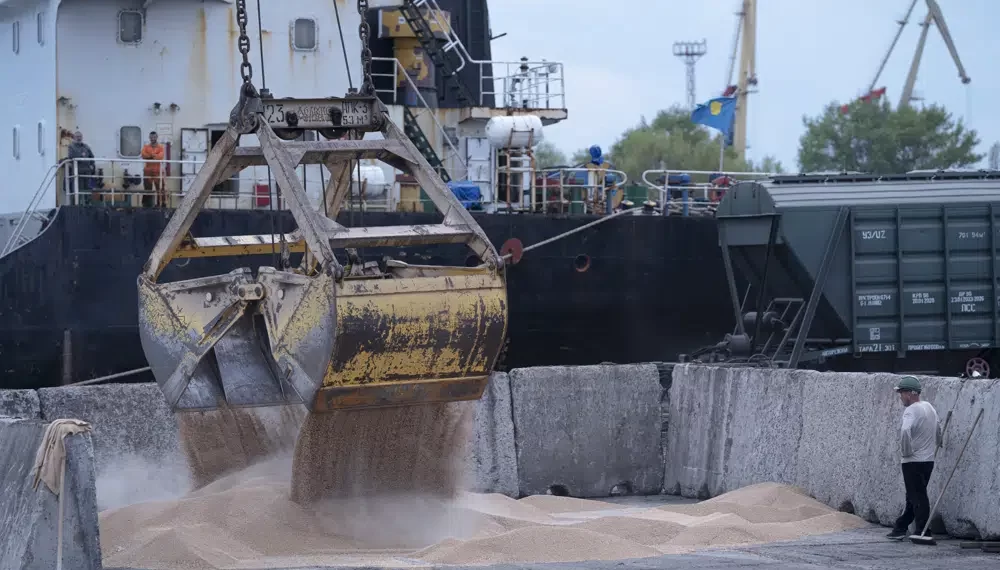President of Turkey, Recep Tayyip Erdogan pronounced on Wednesday, May 17, 2023, that Russia has agreed to extend a deal that has allowed Ukraine to ship grain through the Black Sea to parts of the world which are grappling with hunger.
The Black Sea Grain Initiative, as the deal is called is a boost to global food security after the Russia-Ukraine war caused prices to soar.
“I want to give a good news. With the efforts of our country, the support of our Russian friends and the contribution of our Ukrainian friends, the Black Sea Grain Initiative has been extended by another two months.”
Recep Tayyip Erdogan

The breakthrough agreement between the warring parties was mediated by Turkey and the U.N. last summer, and it included a separate arrangement to permit shipments of Russian food and fertilizer that Moscow claims has not been effected.
As a last resort, Russia threatened to withdraw if its issues weren’t resolved by Thursday. Such tactic is not new; Russia unilaterally decided to prolong the accord for only 60 days instead of the 120 days specified in the agreement in March, when a similar extension was on the line.
Erdogan expressed gratitude to U.N. Secretary-General Antonio Guterres, Ukrainian President Volodymyr Zelenskyy, and the President of Russia, Vladimir Putin, for their contributions but did not immediately go into detail about any concessions that may have been made to Russia.
“We will continue our efforts to ensure that all the conditions of the agreement are fulfilled so that it continues in the next period,” the Turkish President averred.
For nations in Africa, the Middle East, and parts of Asia that depend on Ukrainian wheat, barley, vegetable oil, and other affordable food supplies, especially as drought takes a toll, extending the Black Sea Grain Initiative is a great gain. Over the past year, the agreement helped bring down the cost of staple foods like wheat, but this respite has not yet made it to household tables.

Oleksandr Kubrakov, the Deputy Prime Minister of Ukraine, said the grain agreement “should be extended for a longer period of time and expanded” to “give predictability and confidence” to markets during meetings last week in Istanbul. Moscow, however, declared its opposition to such a growth.
“Bluster” From Russia To Push For Ease Of Sanctions
William Osnato, a senior research analyst at agriculture data and analytics firm, Gro Intelligence, opined that there had been “bluster” from Russia to push for easing some sanctions because it is shipping record amounts of wheat for the season, and its fertilizers are flowing well, too.
With Ukraine’s wheat harvest coming up in June and the need to sell that crop in July, maintaining a Black Sea shipping corridor is key to avoid “taking another large chunk of wheat and other grains off the market,” Osnato said.
The deal has allowed over 30 million metric tons of Ukrainian grain to be shipped, with more than half that going to developing nations. China, Spain and Turkey are the biggest recipients, and which Russia says depicts that food is not going to the poorest countries.

U.N. Secretary-General, Antonio Guterres stated that Ukrainian corn for animal feed has headed to developed countries, while “a majority” of grain for people to eat has gone to emerging economies.
Guterres told reporters in Nairobi, Kenya, this month that even if a “meaningful part” of the shipments headed to developed nations, that “has a positive impact to all countries because it brings prices down.” He added, “And when you bring prices down, everybody benefits.”
READ ALSO: European Leaders Support System To Estimate Damage Caused By Russia In Ukraine




















